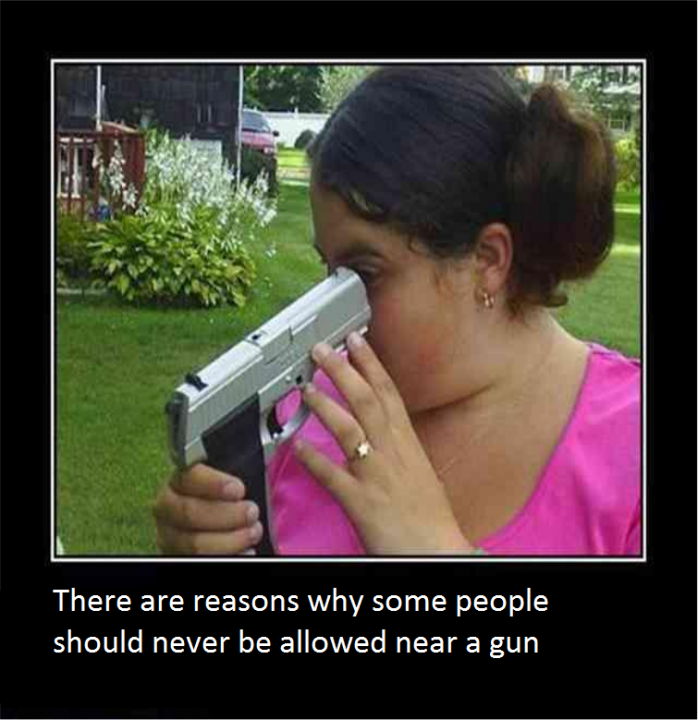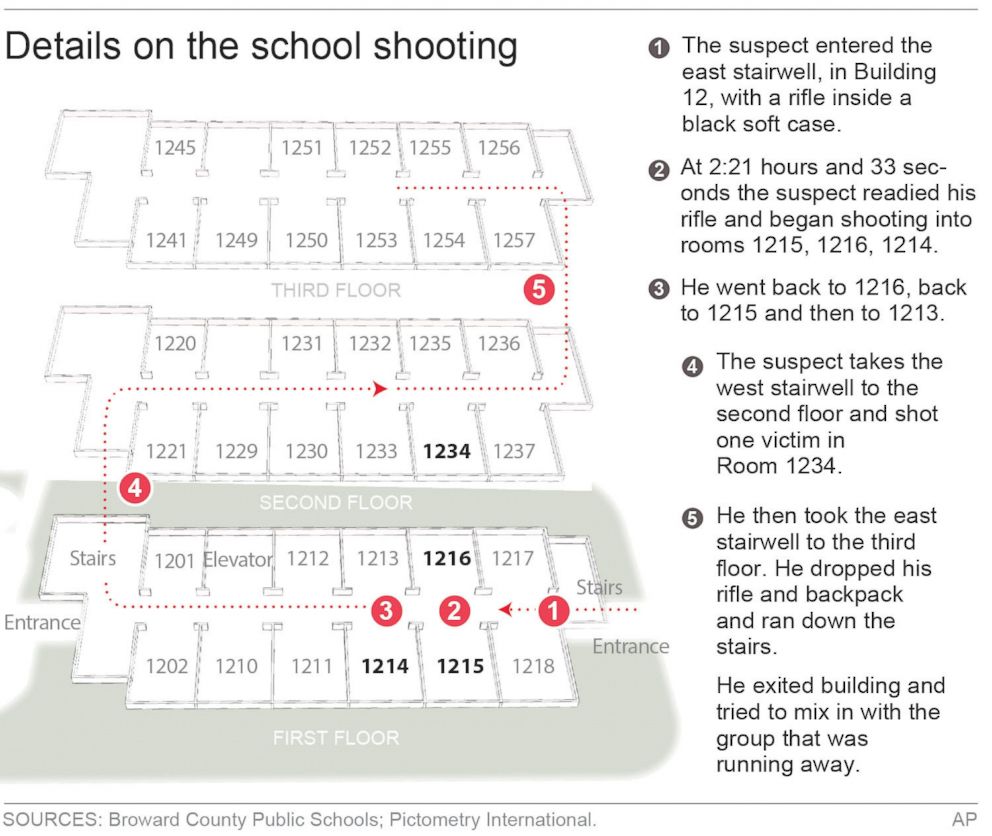
........
"You're going to the sound of the guns," he said. "The No. 1 goal is to interdict the shooter or shooters. In the old days, you took land. You went in. You clear the room. Then you slowly and methodically move to clear the next room. In this instance ... get to the shooter as quickly as possible and that's what they clearly did here."
(This was interviewed before it was know the SRO and three other sherriff deputies stayed outside....added by m2c)
The tactic, known in law enforcement circles as rapid deployment involving the first officer at the scene, began in earnest after the Columbine shooting.
